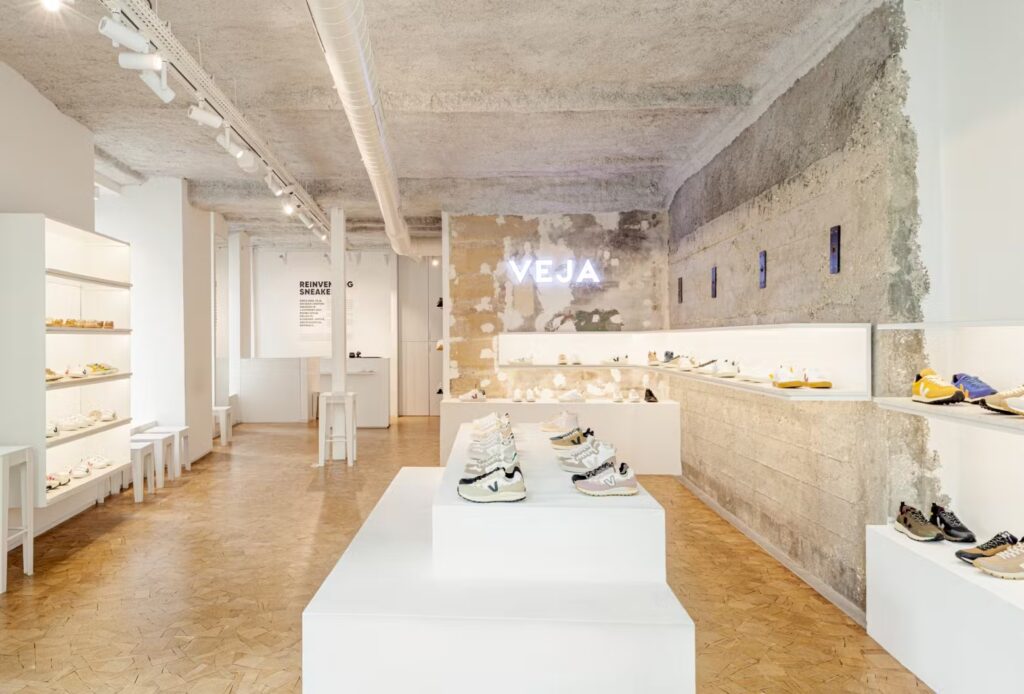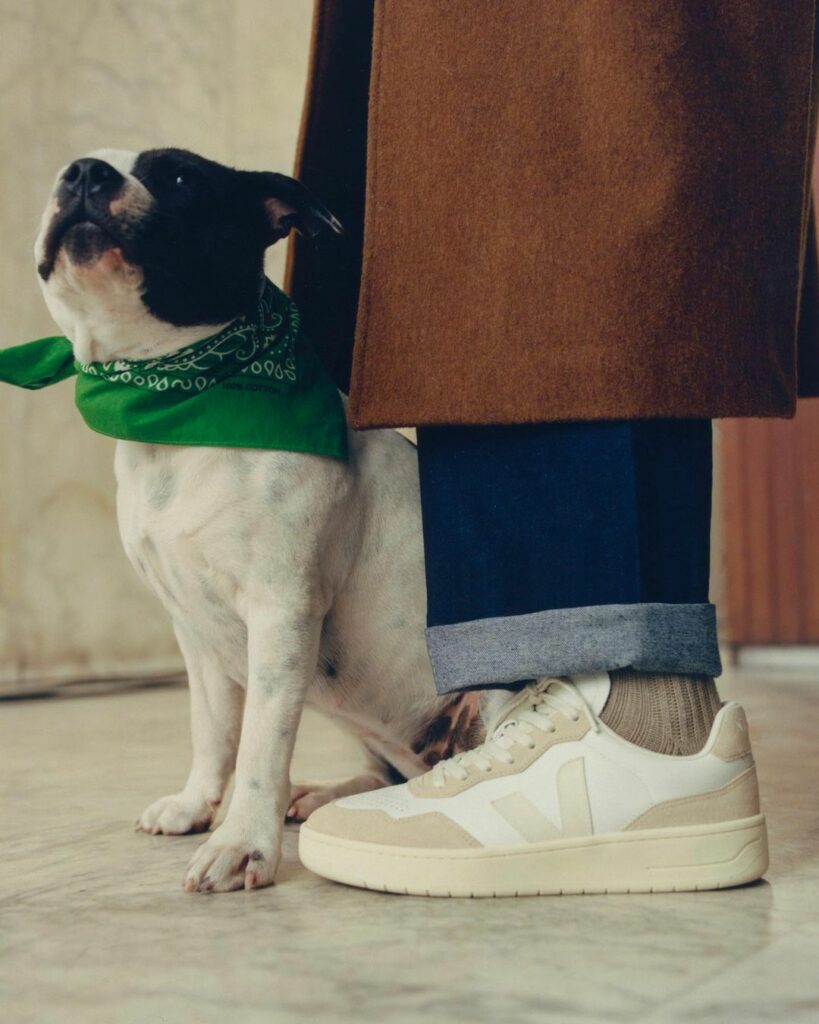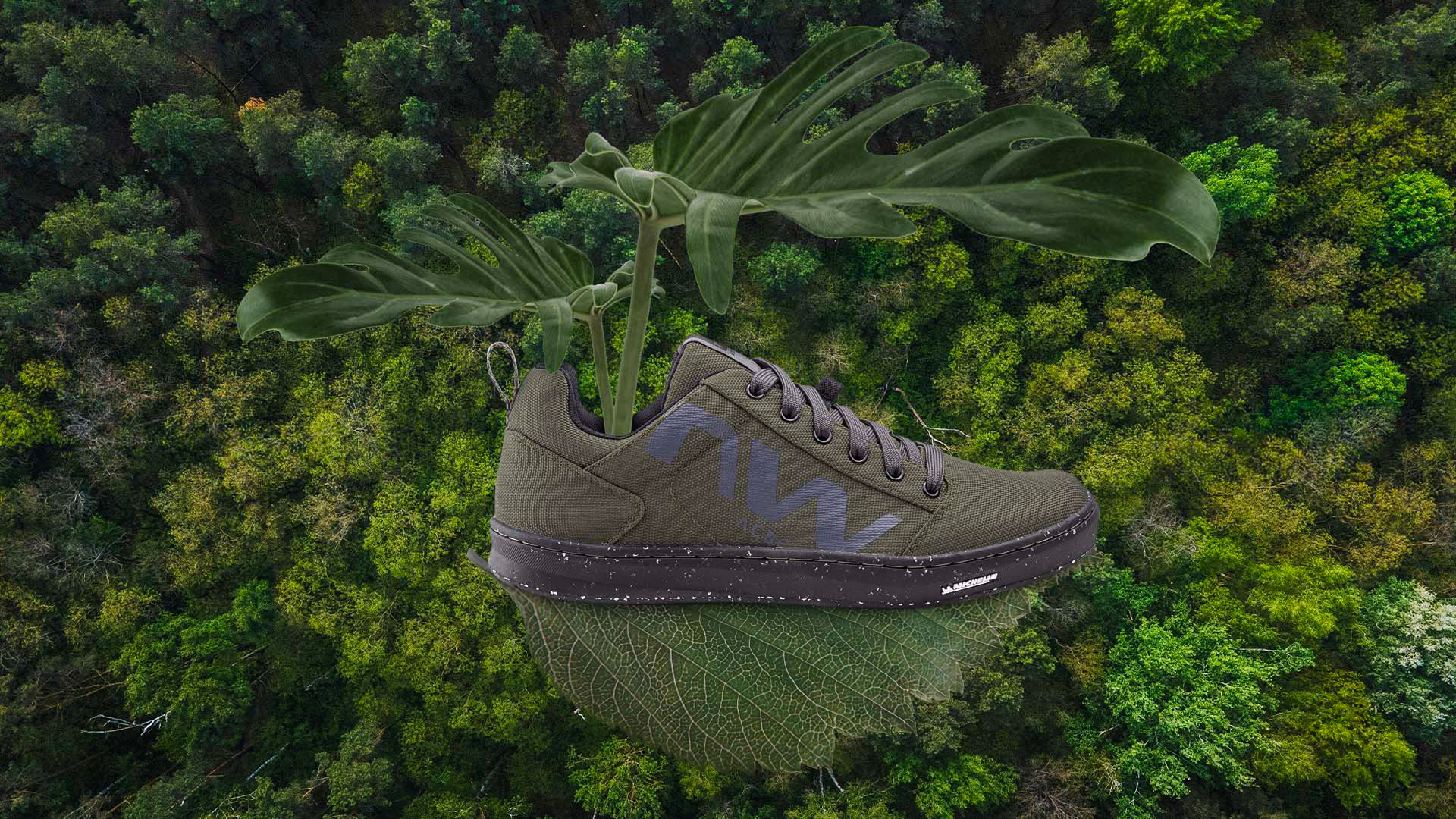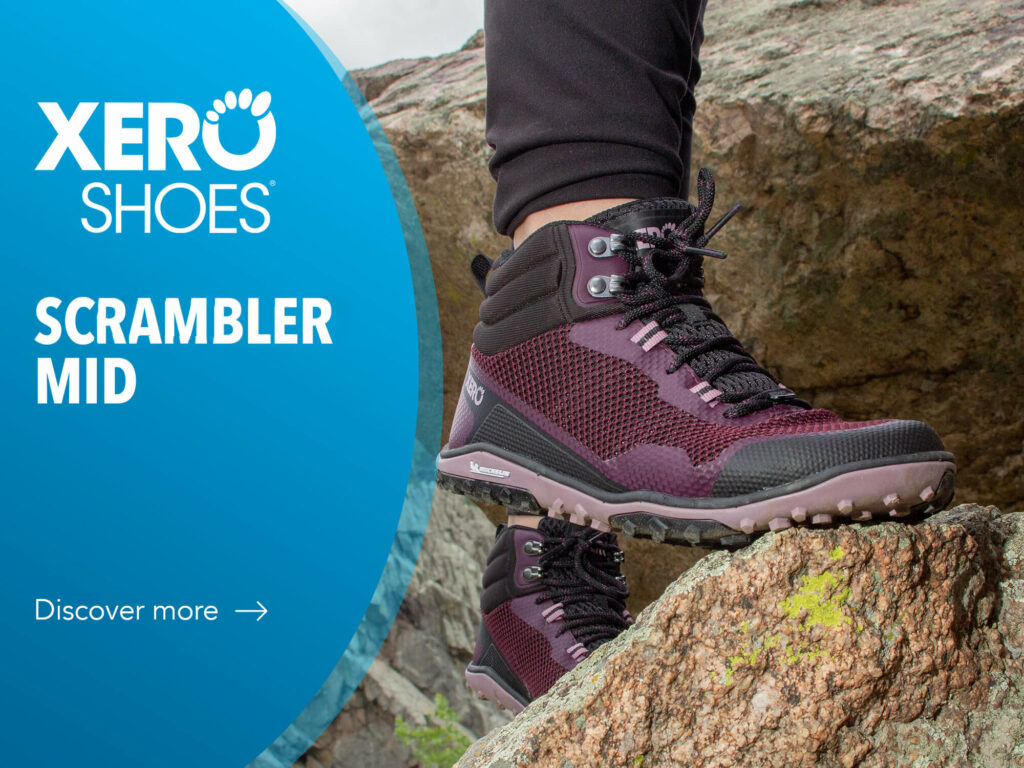The footwear industry embraces sustainable materials
Every year, as many as 22 billion shoes are produced and at the end of their life cycle they require appropriate management for their disposal, posing a significant challenge in waste management.
Further complicating the situation is the significant consumption of water and energy resources during the manufacturing process, which highlights the need for reflection.
In the face of these challenges, the footwear industry cannot ignore the need to find sustainable solutions. To this end, many brands are adopting eco-friendly and innovative materials that respect the environment. Traditional shoe ingredients are giving way to new technologies that allow for the creation of bio-based materials, thus facilitating the process of decomposing footwear.
However, the transition to more sustainable materials is just the beginning. The design philosophy must embrace the entire life cycle of the shoe, including its handling at the end of use.
The Veja brand
The French brand Veja is particularly interested in the way shoes are made. The company does not spend money on advertising, but prefers to spend five times more on workers’ working conditions, production and materials of sneakers.

Rue de Poitou, Paris
Photo credit: Veja website
70% of the costs of a normal big sneaker brand are related to advertising. So, eliminating ads, marketing costs, brand ambassadors and billboards means we can invest in our employees, our materials, our factories and, therefore, our planet. It means we can focus on the production chain and how to change it,” The result led us to present this innovation at Eurobike 2022 with a significant and positive impact on all our distributors and customers.
Explain the two founders Sébastien Kopp and François-Ghislain Morillion
Veja’s Ethical Journey
The brand was founded in 2004 by Sébastien Kopp and François-Ghislain Morillion, who created the first pair of sneakers in 2005. Prior to the market debut, Veja’s founders made numerous trips to different parts of the world, visiting several garment factories in South America, Asia and Australia up close. During these experiences, they showed a particular interest in the production process of these products.
Kopp and Morillion were convinced that this process could and should be improved. Hence the birth of Veja, in Paris. Sébastien wanted to produce sneakers using eco-friendly materials and partnering with ethical suppliers. He said the idea behind the brand was to “rethink creating a popular product.”
The company transforms waste into new products, including plastic bottles, recycled cotton from cutting waste from the textile industry, and recycled polyester. In this way, Veja proves that it is possible to produce responsibly.
For canvas and laces, Veja tends to use Brazilian and Peruvian organic cotton, while for the soles it uses Amazonian rubber mixed with various innovative materials.
Tanning takes place without the use of dangerous chemicals, in fact, the brand uses conventional dyes that comply with regulations. In addition, it pays special attention to the use of water during the production process.
The brand was immediately chosen by Parisian department stores and now, Veja is distributed in 50 countries, producing 2 million shoes a year. In addition, it has often become a favorite brand for celebrities such as Meghan Markle and Emma Watson, who wear them during their travels. Today’s most popular models include the Campo, V-12 and V-10 sneakers, all of which feature the V logo on the midsole.
Veja’s sustainable shoes details
The French footwear brand tackles the challenge of sustainability of animal and vegan leather with an innovative approach. As far as animal leather is concerned, it guarantees its sustainability through the use of certified tanneries that eliminate “chromium VI“, a substance that is toxic to the environment and health. 10% of their leather is obtained through a vegetable tanning process, an even more sustainable option that eliminates the use of chemicals such as chromium. However, this more expensive and time-consuming method is not 100% adopted for all production.
When it comes to vegan leather, it doesn’t consider plastic an ideal solution, instead committing to producing sustainable and ethical leather. They use recycled corn scraps to create their V-10 vegan leather, proving that it can be environmentally and animal-friendly. Currently, 20% of Veja sneaker models are completely vegan, while still maintaining the elegance and style of traditional leather sneakers, but with a touch of sustainability. This solution not only offers a leather-like appearance, but also superior strength and ease of maintenance.

Photo credit: veja
With his projects, Veja shows that it is possible to reconcile innovation with sustainability, offering creative solutions to address unsustainable practices in the fashion industry and demonstrating that sustainable shoes are not of low quality, but it is enough to stop and read their composition to understand that there are many innovative materials, born after years of research.

Northwave Tailwhip Eco Evo: hybrid technology and commitment to sustainability
An exclusive interview with Northwave’s Product Manager reveals the secrets behind the eco-friendly shoe and hybrid technology

WINTER RUNNING: what to consider when choosing the best shoe
In the winter season, it can be challenging to find the motivation to go out and run due to weather conditions, but this shouldn’t stop us. Let’s explore together, in the realm of footwear, which shoes can help us not give up on running while keeping us safe and warm.

Understanding the essence of shoe soles in running
Soles and running shoes: how to choose the best solution













































